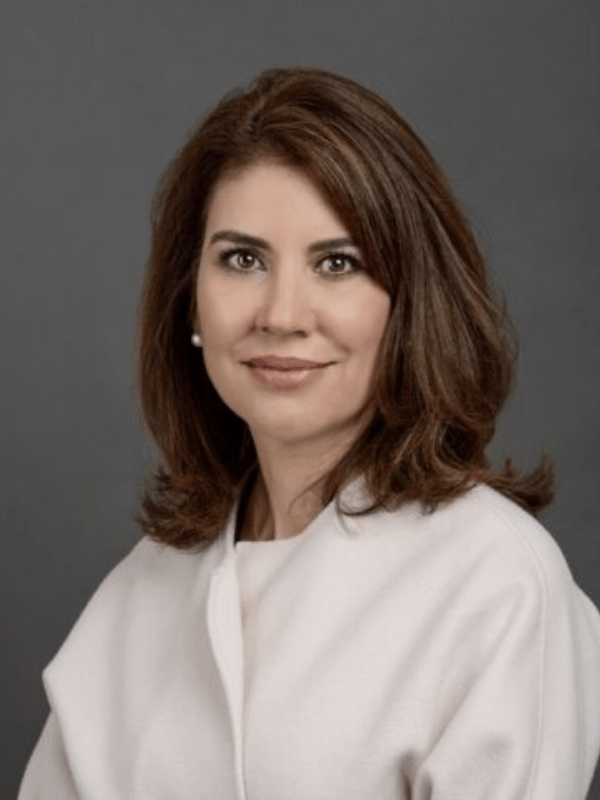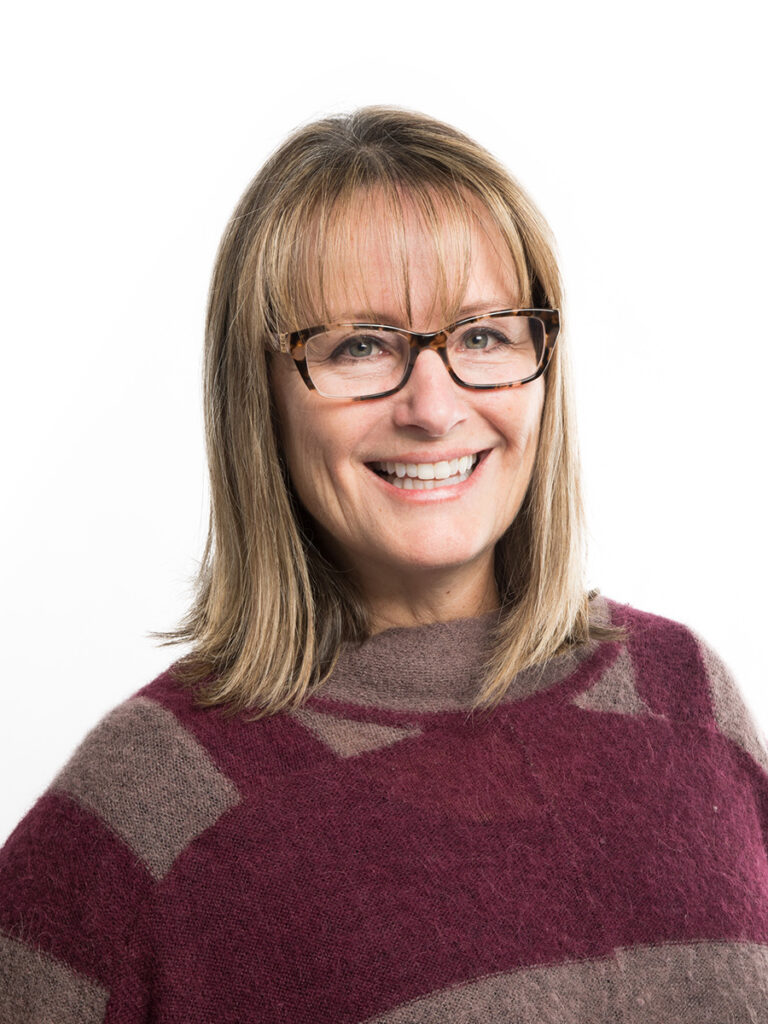How to Recognize and Decode Biases in Marketing
Marketing Communication Series, Part 2: Bias in the Eye of the Coder
Too often, advertisers rely on outdated data and sexist marketing techniques to promote their products. This narrative of the “male gaze” in advertising is all too familiar to Chris Konya, a managing director at consulting agency SYLVAIN, and it is one that she is working to rewrite.

“What you see in [many] industries is marketing that is in line and historically set directly toward specific audiences, even though those audiences are changing,” Konya said during Part 2 of the 2022 Marketing Communication Speaker Series. “I think a lot of times [companies] are slow to change, or just haven’t quite caught up with how our society is moving.”
She was joined by two other marketing experts: —Romina Rosado, vice president at NBC Universal Telemundo; and Bonnie Ulmann, executive vice president at M Booth. The three women spoke with Naa Amponsah Dodoo, assistant professor of Marketing Communication, about how marketers can ethically target female consumers through objective advertising.
Rosado said her work is grounded in ensuring equitable representation for Latinas, on-screen and off.

“We are trying to create content that truly represents the Latino experience in this country, and also advise marketers and brands trying to enter the space, how to talk to Latina women and how to best represent them,” Rosado said. “Having a seat at the table, for diverse audiences and for women is so important.”
Similarly, Ulmann sees implicit biases on behalf of marketers and advertisers in her work. She says third-party data needs to be carefully analyzed and contextualized to ensure minority groups like women aren’t underrepresented as clients.
“When you think about the bias, especially against women in marketing platforms, what we encounter is this false data,” Ulmann said. “You assume one piece of data represents every human being who is a consumer. We have a responsibility to go deeper, particularly when we are using third-party data.”

Most importantly, all three women identified a need for more female-identifying individuals in leadership roles.
“Women have always struggled with sounding bossy when, in reality, we have an idea or a vision,” Konya said. “As you receive that feedback, it changes the way that you behave within society. For many women, the way that we speak is a product of the way that we’ve been spoken to.”
Working towards the future, Konya, Rosado and Ulmann look forward to welcoming new, female marketing leaders to their industry.
Categories
Isabella Luzarraga View All
Isa is a senior journalism major minoring in media studies. She is from Omaha, Nebraska but loves coming back to the city. Outside of coursework, Isa is the Managing Editor of Your Magazine, the secretary of Emerson's chapter of NAHJ and a freelance writer for publications nationwide. She loves reading in the Common, going for long runs and sipping iced coffee.